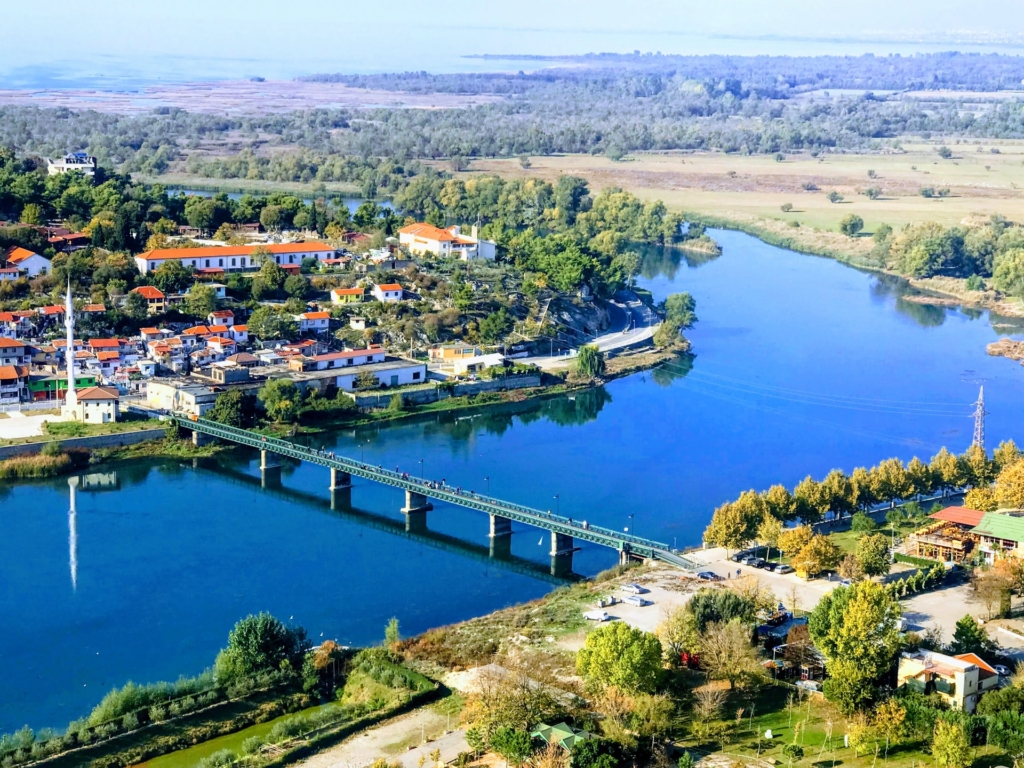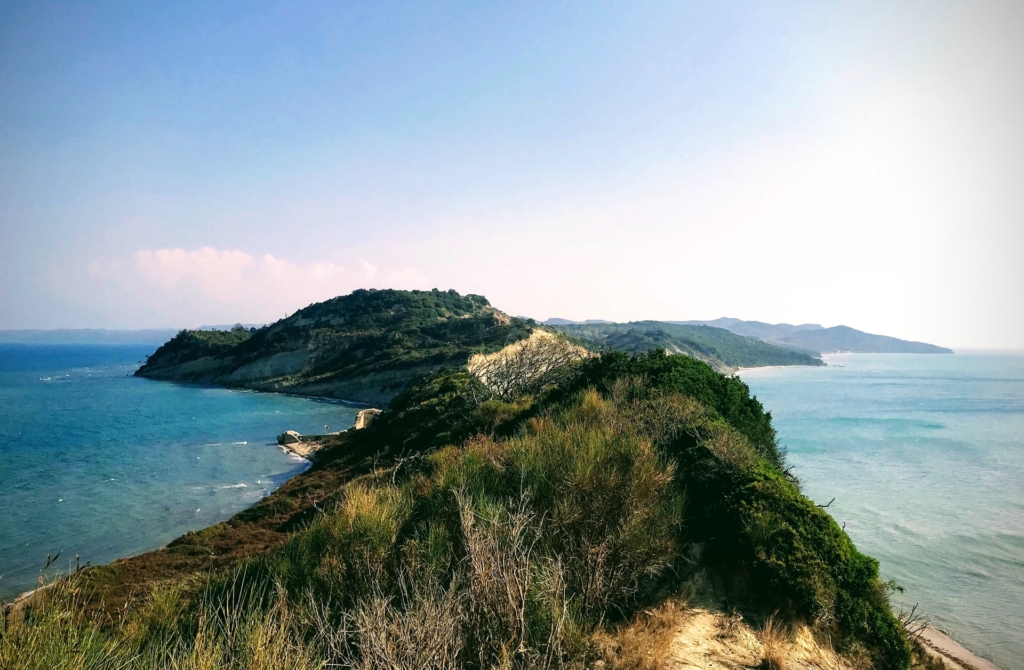Why Albania?
Investors choosing Albania find that they benefit from ‘the Albanian advantage’ which comes from investing in a politically stable, fast-growing, low cost, European economy that is today’s gateway for European manufacturers into southern Europe.
1. Our domestic economy & exports are expanding
Albania is building a consistent track record of economic expansion built on export growth, a low and stable inflation rate, and increasing per capita income. Our GDP and export growth rates were the fastest growing in South East Europe from 1997 to 2004.
2. Low inflation rate
Businesses prefer a predictable environment in which to operate. Consistent low annual inflation rates in recent years have shown that Albania provides the economic stability that gives investors the confidence to invest.
3. Established trading with the EU
Almost 90% of Albania’s exports are designated for EU markets, and this export pattern is an important predictor of future grow
4. Gateway to the Balkans Free Trade Area
Albania benefits from many Free Trade Area agreements with Balkan nations to the east of Albania. Investors can manufacture in Albania for export to the 50 million-strong Balkan market as well as throughout the European Union.
5. Site availability from production facilities to high quality office space
Various sites are currently available under the Albania One Euro initiative. These range from basic production facilities throughout the country to high quality serviced office space in all of our main cities. Industrial sites are better priced in Albania than in Eastern European or other Balkan countries. Electricity and water costs are also at or below those of other countries. Factory units are available for refurbishment, which, in many cases, are government owned and are offered along with attractive leasing arrangements based upon the number of jobs created.




6. Total labor costs are lower than comparable countries
Gross wage costs are a fraction of our competitors’ levels within the region, including Romania and Bulgaria, while social security ‘on costs’ in Albania amount to just 32.9 % of gross wages.
7. Adaptable and flexible skilled labor force
Albania’s working population of slightly fewer than two million has a median age that is young by European standards, just 29 years compared to 40 years in Italy. A high proportion of under-40s speak two languages, many of them after returning from studying and/or working abroad. The current unemployment rate of approximately 15% shows that there is no complacency in the job market while the number of students in social sciences, business, and law accounts for more than one-third of all those in higher education.
8. Extensive language skills
Most Albanians learn either Italian or Greek from childhood, and are well able to perform customer-relation positions in these near-mother tongues. The younger generations learn English, which is rapidly becoming the primary foreign language taught in schools and universities.
9. Administrative & business regulations are being simplified
Albania is working hard to improve its administrative procedures. According to the World Bank, starting a business in Albania requires only a few more procedures than the average EU country while the flexibility to release workers is rated far better in Albania than in the EU or other Balkan or Eastern European countries. With a pro-business government in place, simplifying the administration remains a priority that will benefit all businesses.
10. Investment opportunities through privatization
The government is reviewing its privatization strategy and anticipates that privatization will represent an important source of investment as well as an opportunity to transform some key strategic sectors of the Albanian economy. A new law on concessions has recently been passed with support from the World Bank and is designed to stimulate the development of key sections of the country’s infrastructure and public service
